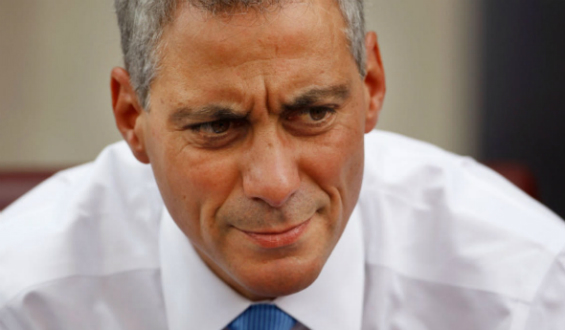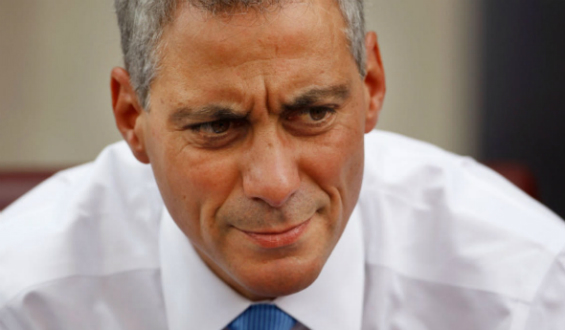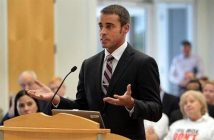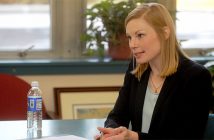
In a rare bipartisan move, the Illinois House passed a bill this Thursday to do away with a Chicago Board of Education that is appointed by the city’s mayor and change it to a board that is elected.
Lauren Fitzpatrick and Fran Spielman report for the Chicago Sun-Times that if the bill makes it past the Senate, Chicago Public Schools would be supervised by 21 elected members and not the seven members who have been appointed by the mayor.
Senate President John Cullerton’s staff members said only that the measure, which the House passed by a vote of 110-4, is currently under review. Cullerton is also tackling how to solve the state’s budget.
The legislation seeks to partition the city into 20 districts and add a 21st member, a president, who would be elected at large. Each member would serve a five-year term if elections take place on March 20, 2018, and then terms of four years so their terms would correspond with municipal elections.
The bill also changes a few items that have been controversial such as moving meeting hours to later schedules so working members can easily attend.
Chicago Mayor Rahm Emanuel stated that an elected board would infuse politics into the school system and block some of the progress that has been made through his administration.
Progress Illinois reports that HB 557 was introduced by state Rep. Rob Martwick (D-Chicago).
“It will give to the residents and taxpayers, the parents, teachers and students of the city of Chicago a say in the future of their educational system,” Martwick said in a speech on the House floor while asking for support. “That is really the best reform I can think of. When democracy fails, the answer is not less democracy, it’s more democracy. That’s what we’ve done here today.”
Chicago is currently the only city in Illinois that does not have an elected school board. Residents voted strongly in support of having an elected board in last year’s city election, according to WMAQ-TV Chicago.
Katelyn Johnson, executive director of Action Now, said this legislation would end the years of common neighborhood school closings, the growth of privately controlled charter schools, layoffs of qualified teachers of color, and the “disinvestment in our children’s education.”
But CPS spokesperson Emily Bittner said the real solution is to fix Chicago’s conspicuously unequal education funding that provides less money to Chicago students and more to children in other areas. She said that low-income students all over the state are being shortchanged.
As of now, CPS is run by CEO Forrest Claypool, who took over the role when former CPS CEO Barbara Byrd-Bennett resigned amid an investigation of an alleged kickback scheme.
In an interview with DNAinfo, Martwick asserted that CPS belongs to the residents of Chicago and that the citizens should say how the schools are run. State Rep. Ann Williams (D-Lakeview) added that although it is not a cure, the elected school board is a step toward restoring residents’ belief in education in Chicago.
Chicago residents have wanted an elected school board since 2013 when the board closed 50 schools, mostly on the West and South sides of the city, under the direction of Mayor Emanuel. The resignation of Byrd-Bennett added insult to injury for those who wanted the control of the district out of the mayor’s purview.




